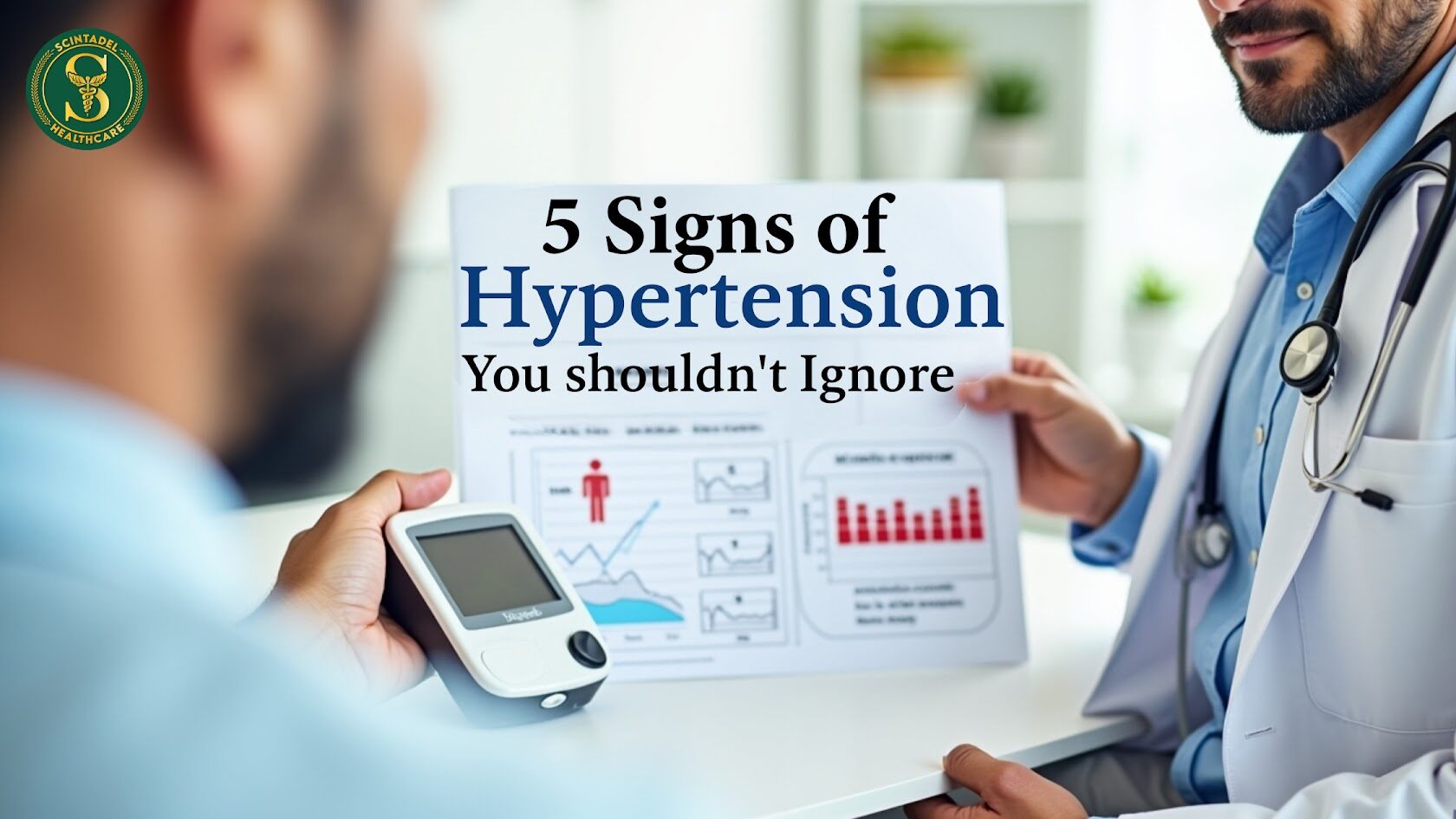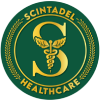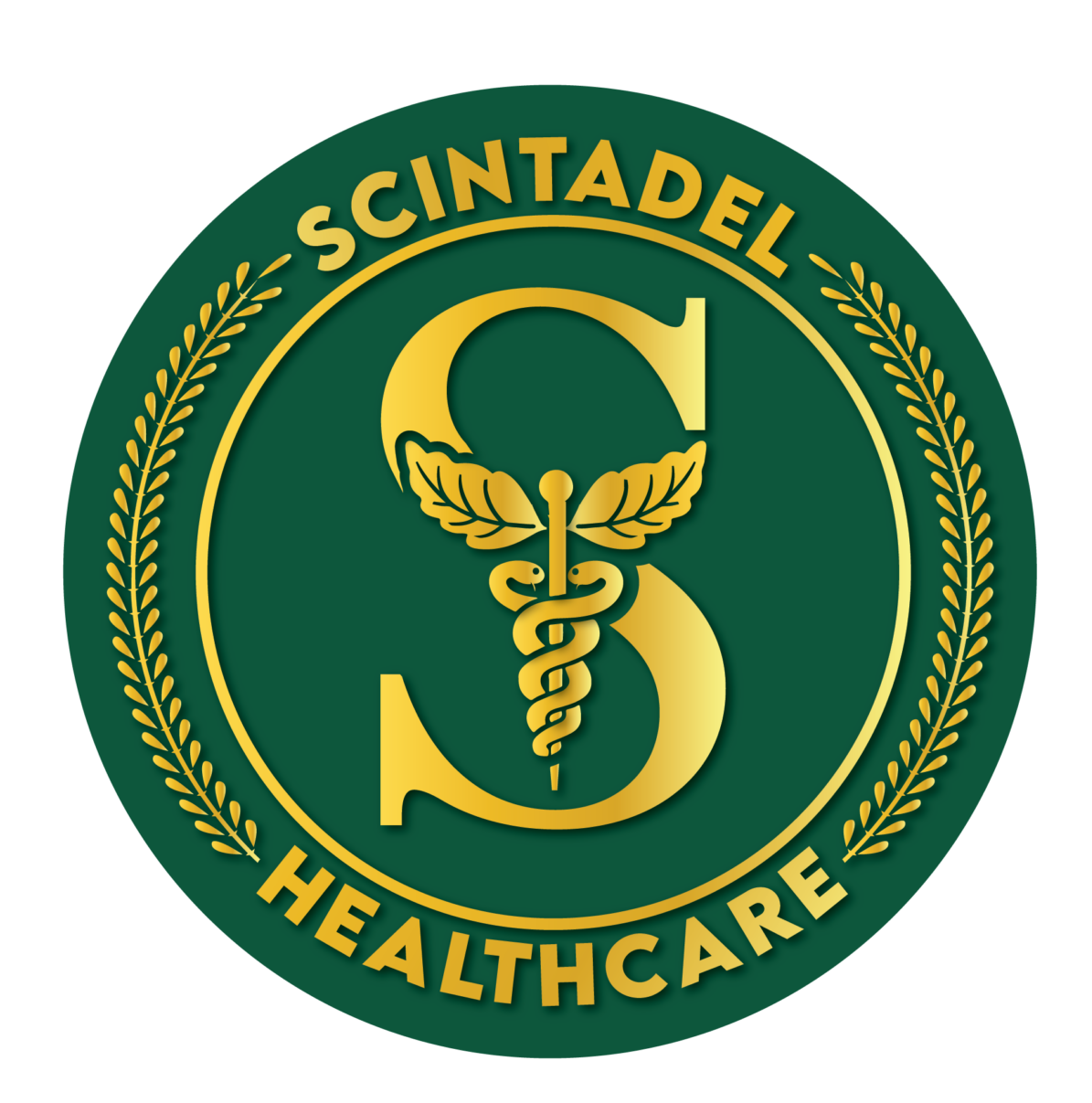
5 Signs You Have Hypertension and Why You Must Take it Seriously!
Hypertension, or high blood pressure, is often called the “silent killer” for a reason. Most people don’t realize they have it until it’s already causing serious damage. In the United States, nearly half of all adults-about 115 million people-have hypertension, but many don’t know it until a crisis hits. The scary part? You might feel perfectly fine while your blood vessels and organs are under constant strain. That’s why it’s so important to get checked regularly and consult a physician at a primary care center. Early detection and management can make all the difference, potentially saving your life.
Why Is Hypertension So Dangerous?
Hypertension quietly damages your body over time. It puts extra pressure on your arteries, making them stiffer and less elastic. This increases your risk for heart disease, stroke, kidney failure, and even vision loss. According to the CDC, only about half of people with hypertension have their condition under control. Left untreated, high blood pressure can lead to life-threatening complications without any warning. That’s why it’s so important not to take this condition lightly.
Why Don’t Most People Know They Have It?
Here’s the tricky part: hypertension usually doesn’t cause noticeable symptoms. You could have dangerously high blood pressure for years and feel just fine. Many people only find out when they visit a doctor for another reason or during a health crisis. This is why regular checkups are essential. The American Heart Association recommends adults get their blood pressure checked at least once a year, starting at age. If you’re over 40 or have risk factors like obesity, diabetes, or a family history, you may need to be screened more often.
Why Should You Visit Pasadena Primary Care?
Right in the middle of your health journey, visiting a Pasadena based primary care is one of the smartest moves you can make. Primary care centers are on the front lines of screening, diagnosing, and managing hypertension. They offer regular checkups, blood pressure monitoring, and guidance on lifestyle changes. According to the WHO, most preventive care-including hypertension screening-happens in primary care settings. By making primary care a regular part of your routine, you’re much more likely to catch hypertension early and keep it under control.
What Are the 5 Major Signs of Hypertension?
Most people with high blood pressure have no symptoms until the condition becomes severe, but there are warning signs to watch for, especially when blood pressure reaches dangerous levels:
- Severe Headaches
If you start experiencing frequent or intense headaches, especially in the morning, it could be a sign that your blood pressure is dangerously high. - Shortness of Breath
Difficulty breathing or feeling winded during normal activities can indicate your heart and lungs are under strain. - Nosebleeds
While nosebleeds can have many causes, sudden or frequent nosebleeds may be linked to a hypertensive crisis. - Vision Problems
Blurred or double vision, or sudden vision loss, can occur if high blood pressure damages the blood vessels in your eyes. - Chest Pain or Irregular Heartbeat
Chest pain, pounding in your chest, neck, or ears, or an irregular heartbeat are serious symptoms that require immediate medical attention.
Other symptoms in severe cases may include fatigue, confusion, blood in the urine, or even seizures. But remember, most people have no symptoms at all until it’s too late. That’s why regular screening is so important.
Why Is Consulting a Physician Crucial?
Managing hypertension is not a do-it-yourself project. Consulting with a physician ensures you get an accurate diagnosis and a treatment plan tailored to your needs. Physicians can help you monitor your blood pressure, recommend lifestyle changes, and prescribe medications if necessary. According to a recent study, only about 40% of people with hypertension have their blood pressure under control. Regular visits to your doctor can help you stay on track and avoid complications. Plus, your physician can check for related conditions like diabetes, kidney disease, or high cholesterol, which often go hand-in-hand with hypertension.
What Can a Primary Care Physician in Los Angeles, CA Do for You?
When you’re looking for ongoing support, a primary care physician in Los Angeles, CA, is your best ally. These doctors provide comprehensive care, from routine screenings to chronic disease management. At Scintadel Healthcare, Inc., our primary care physicians offer a patient-centered approach, focusing on prevention, early detection, and personalized treatment plans. We help you understand your risk factors, guide you through lifestyle changes, and provide medication management when needed. Our team also coordinates with specialists if you need advanced care, ensuring you get the best possible support at every stage. With board-certified physicians and a commitment to holistic care, we’re here to help you take control of your blood pressure and overall health.
Final Thoughts: Taking Charge of Your Health
Hypertension is a silent threat, but it doesn’t have to control your life. By paying attention to warning signs, getting regular checkups, and working with your primary care team, you can catch high blood pressure early and manage it effectively. At Scintadel Healthcare, Inc., we’re dedicated to helping you stay healthy, informed, and empowered. Don’t wait for symptoms to appear-make your health a priority today. Remember, prevention and early action are your best defenses against this silent killer.
Frequently Asked Questions (FAQs)
- Why is hypertension called the “silent killer”?
Because it often causes no symptoms until it’s already caused serious damage, making early detection crucial. - How often should I get my blood pressure checked?
Adults should have their blood pressure checked at least once a year, or more often if they have risk factors. - Can lifestyle changes really help control hypertension?
Yes! Diet, exercise, stress management, and quitting smoking can significantly lower your blood pressure. - What should I do if I have symptoms like chest pain or vision loss?
Seek immediate medical attention. These can be signs of a hypertensive crisis or other serious conditions. - How can Scintadel Healthcare, Inc. help me manage hypertension?
We offer comprehensive primary care, regular screenings, medication management, and personalized support to help you stay healthy.

